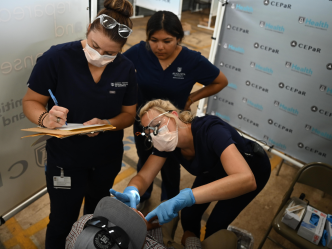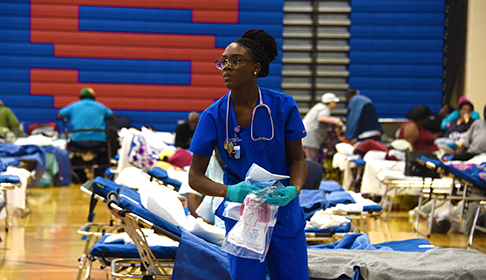What is situational awareness and why should I care?
There are lots of “textbook sounding” definitions describing what situational awareness is, but simply put, situation awareness is knowing what’s going on around you. More and more it seems the majority of us spend an increasing amount of time and energy on ensuring we are aware of what’s going on. Social Media has taken this concept to the extreme with an abundance of individuals more than willing to share what is going on in their lives no matter how mundane it may be. The appetite of others to read, and then share that knowledge with others is large. The availability of information has never been as great as it is now. The majority of us have the capability to monitor news feeds or look up information within an instance just by pulling out our phones. Does that mean that we are all exponentially more aware of situations? Probably not, in fact, it may lead us to have a reduced level of situational awareness, at least in terms of our immediate surroundings, because we are buried in our phones and not cognizant of what may be happening in our immediate vicinity.
I was a student bus driver for the University of Georgia while I pursued my undergraduate degree. I recall an incident where I threw all of the passengers on my bus forward because I had to stand on the breaks to keep from running over this guy who stepped off the sidewalk. So here’s the picture: group of students gathered on the sidewalk waiting for the approaching bus, approaching bus, and a guy walking and reading a newspaper who steps right into the path of the moving 40-foot bus to avoid the group of students. The 40-foot bus also had obnoxiously loud squealing brakes. So this guy’s pursuit of information almost got him flattened. So lesson to be learned: don’t keep your head buried in your phone or newspaper, and you won’t be hit by a bus, or at least have a reduced chance of something else bad happening that could easily be avoided if you just looked while you walked and were aware of your surroundings.
Being aware of your surroundings and familiar with “what’s normal” will impact your response to various stimuli. We are all creatures of habit and inevitably fall into some sort of routine. When things are as they should be or at least how they’ve been in the past, we feel safe and secure. When something new is introduced into our familiar environment, hopefully, we notice, hey, that’s different. This leads us to being able to articulate why something is suspicious or at least contributes to a gut instinct that some something isn’t right, or we dismiss the difference because we don’t perceive a threat.
Situational awareness is an integral part of success in many different applications. You’re much more likely to have success if you can answer the following questions: “What is happening? Why is it happening? What will happen next? and What can I do about it?” no matter the situation. This concept can also be applied to team and workplace environments. Members of a team must have accurate expectations of individual performance, anticipate the needs of the members, the need for resources, and maintain the ability to adapt. This is especially true during emergency situations. Often during stressful times individuals experience “tunnel vision,” focusing on one element of a situation and losing sight of the overall objective. Tunnel vision is the opposite of situational awareness. It’s difficult for an individual to recognize they have developed tunnel vision because they are so focused on one element of a situation and it degrades their ability to view and address the issue in its entirety.
Recognizing and appreciating the benefits of situational awareness and the consequences of its loss is a great first step toward avoiding potentially harmful complacency. Individually, if we evaluate our own level of situational awareness and commit to increasing our awareness then, collectively, we will all benefit from having a safer and more secure environment in which to work and learn.
 Augusta University
Augusta University



